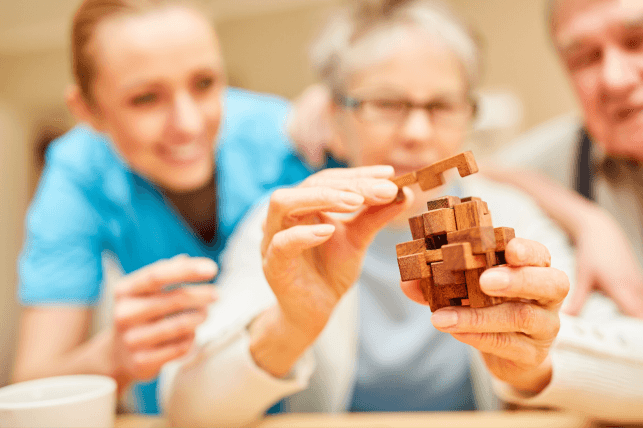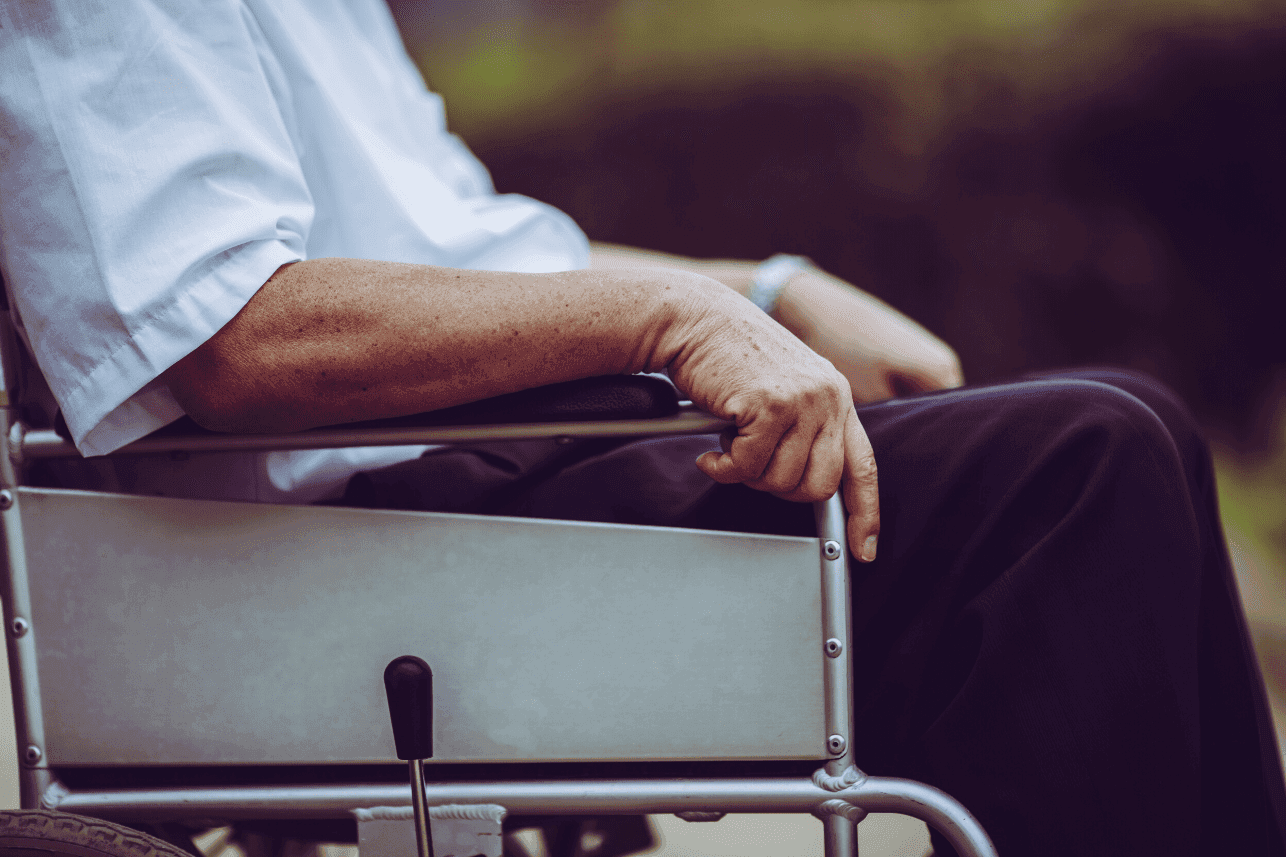
Signs That Your Loved One With Dementia Needs Professional Care
Dee Bustos
Dementia Care
Jul 10, 2020
9 min read
When a senior starts showing the symptoms of Alzheimer’s or dementia—nothing can be more frightening for their loved ones. This condition, although unfortunately common, is one that is plagued with uncertainty. There are so many unknowns with Alzheimer’s and dementia, and it can make navigating these waters very difficult for family members and loved ones.
While most people have a number of questions about how to best care for their loved one with dementia—one of the biggest and most important questions is: when is it time for professional care? Many family members will understandably want to step in and provide care for the individuals that they love. However, this is often a bigger undertaking than it seems.
Being a familial caregiver can be overwhelming, stressful, and often forces care providers to neglect their own needs. As Alzheimer’s progresses, most seniors start to need more care, until they eventually need around-the-clock assistance. However, it isn’t always clear when seniors make that transition between being able to live on their own and needing professional help.
As a family member or loved one of someone with dementia, one of the best things that you can do is to be on the lookout for signs that may indicate your loved one is in need of professional care. Here are some of the most common indicators to look for.
They Exhibit Signs of Aggression.
Nothing can be as devastating as seeing your usually friendly and docile loved one show signs of aggression. Unfortunately, physical, verbal, and sexual aggression can happen with people who have dementia. When a senior progresses to this stage, it can be challenging for their family members or loved ones to provide them with the care that they need - this is a time where seniors may need some additional help.
Seniors No Longer Seem Safe in their Own Home.
If your senior loved one is living at home, but you are worried they are not safe living on their own—then it may be time for help. You may notice issues like your loved one microwaving their car keys, or putting their purse in the freezer. Your loved one may have fallen trying to walk up the stairs or clean their home or burned a dinner by leaving it on the stove for hours. These are all signs that they may not be able to live on their own any longer.
Your Loved One has Escalating Care Needs.
You may notice that your senior loved one is no longer able to care for themselves in the way they once did. Many times, one of the first things that friends and family members notice is issues with hygiene. Perhaps your loved one is no longer showering, shows up wearing the same thing every day, or no longer styles their hair or takes care of personal grooming. This is a sign of trouble and an indicator that they may need a caregiver to help with these everyday activities.
They Show Signs of Sundowning.
Sundowning, or “sundowners’ syndrome,” is an unfortunately common side effect of dementia and one that requires extra care and attention. Sundowners is characterized by agitated behavior that tends to happen later on in the day—and it can be a difficult burden for any family member to handle.
Your Loved One Starts to Wander.
Wandering is another very difficult and unfortunately, very common side effect of dementia. Typically, when seniors start to reach the later stages of dementia, they can begin to wander off, even when they are left alone for a few moments. Many times, seniors are able to get far from home when they wander and are at a higher risk of falls and injuries while they do.
Their Primary Care Provider Is Showing Signs of Caregiver Stress.
Sometimes, familial caregivers can exhibit important signs and signals as well. If the primary familial caregiver is showing serious signs of stress, depression, or anxiety as a result of their responsibility, then it may be time to get professional help. You can hire a caregiver to provide some respite care, to replace the current services that the family member is providing, or to offer additional assistance that can help make the senior more comfortable and confident in their own home.
If you are seeing signs such as these in your senior loved one, then it may be time to consider a professional caregiver. Here at Care Indeed, we know that making the decision to get your loved one professional help can be difficult—but we also know that it can make all of the difference in their quality of life.
When you need help making sure your senior loved one has the care they deserve, you can always turn to us for support. All of our caregivers are bonded and insured—but most importantly, they understand that caring for an adult with Alzheimer’s or dementia requires dedication and patience. Whether your loved one needs help to manage their daily activities safely, requires assistance at doctor’s appointments, or just needs someone to be their advocate, our professional caregivers are here to help.
Feel free to contact us today for more information. Our caregivers can be there to provide care for a few hours a day or offer around-the-clock assistance. No matter what your situation or what your family may need, we are here to provide the support and understanding that you and your loved one deserve.
Caring for Seniors With Cerebral Palsy

Cooking with Vee Incr-EDIBLE Finale!




